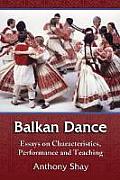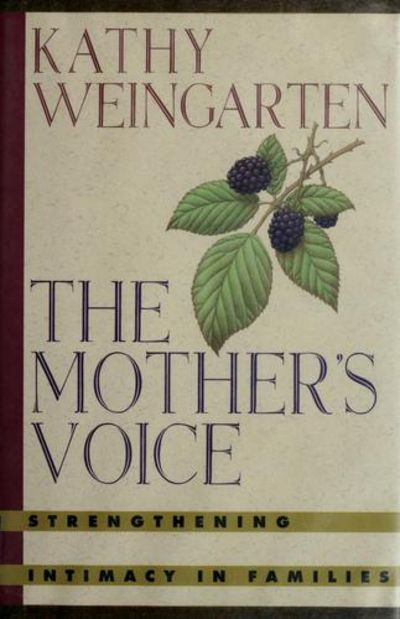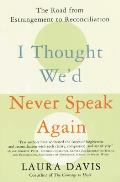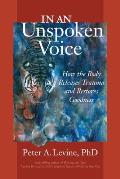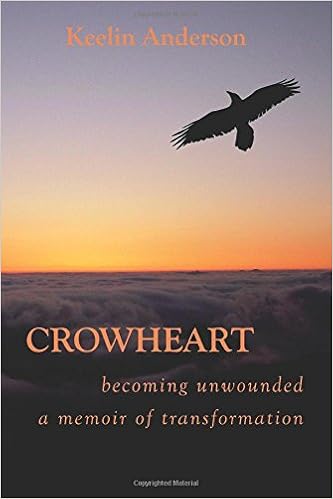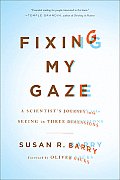Subtitle: Essays on Characteristics, Performance, and Teaching
I jumped at the chance to learn more about my favorite hobby, and learned more than I bargained for. This book of essays directly addresses the myth that modern Balkan folk dances are innocent indigenous creations, exposing the complex conscious manipulations underlying them.
Communist regimes created folk dance spectacles to convey a sense of unity, prosperity, and celebration. In Yugoslavia, this was particularly elaborate since it wove together several ethnic and religious groups which later fractured back into separate countries. In Bulgaria, much of the beloved “folk” music was composed in the early 20th century for performance.
Minority groups such as Turks in Bulgaria, Muslims in Yugoslavia, and Roma (Gypsies) everywhere were erased or stigmatized in folk dance performances.
The book prompted me to think about what it means for Americans to be studying and performing these dances recreationally. It certainly puts arguments about “tradition” and “authenticity” in perspective when the dance under discussion was initially performed as communist propaganda.
The essays vary from very readable to densely academic. All contain information new to me about a hobby I’ve pursued for years. Well worth investigating if you’re interested in Balkan dancing.

